When Chuck Gill was in high school, he started noticing something wasn’t right with his health. An avid football player, his physical capabilities weren’t increasing as they typically do through adolescence. Instead, they seemed to diminish. Depression and confusion plagued him.
“I could slowly see different parts of my abilities deteriorating away,” Gill said. “There was so many changes in my life — medical, mentally, emotionally. I loved sports, and it was always a big part of my life.”
Finally, after much anguish, Gill learned that he had spinal meningitis, a condition that, despite his best efforts, left him wheelchair-bound to this day. But Gill didn’t let needing a wheelchair crush his competitive spirit. Through someone he met in physical therapy, he began playing wheelchair basketball, eventually joining the Golden State Road Warriors in 1991.
The team, originally known as the Golden State 76ers, is part of the National Wheelchair Basketball Association (NWBA). The Golden State Road Warriors are one of 15 teams in the NWBA’s Division 1. The team won national championships in 2001 and 2004.
However, since the pandemic struck, the team has been without a place to practice. That meant the team didn’t have a home court and couldn’t host tournaments, which require certain specifications like court size, shot clock and a scoreboard. The team was effectively homeless.
That is where Mission College stepped in.
Yuko Kawasaki, Dean of Health Occupations at Mission College, has worked extensively with handicapped athletes. She said she jumped at the opportunity to help accommodate the team.
“It could be the most meaningful thing I do during my tenure here at Mission College,” she said. “It really demonstrates that accessibility is not an issue at Mission College, at all, that we can fold people into existing programs. We can take anybody in our community and fold them into what is existing.”
With Kawasaki’s help, the team was able to practice with the college’s kinesiology class. For wheelchair basketball games, the league assigns players a number between 1 and 4.5 depending on the severity of the player’s disability. A player with fewer limitations has a higher number. Each team is only allowed 15 points on the court at a time.
Corey Cafferta, head women’s basketball coach at Mission College, is in charge of the class, which integrated the all-men team into its program. He said he appreciates the enthusiasm the Road Warriors bring to the court. Obviously, with the players’ handicaps, the drills he runs need to be adapted, but he said the Road Warriors bring a toughness that is hard to match.
Paul Jackson, coach of the Road Warriors, said having a home court gives the players a peace of mind that allows them to focus on the game. After all, despite their disabilities, the players are still athletes with a competitive edge.
“I coach my guys because they want to be coached as athletes, not as disabled athletes, not as wheelchair athletes,” Jackson said. “I run the same program I went through in high school and college.”
The team has begun giving exhibitions at the halftime show of the women’s basketball games.
Jackson said the partnership with the school brings opportunities to educate people on wheelchair basketball by reaching a larger audience. It is nice to have a home where the team feels welcomed, not just accepted, he added.
Kawasaki said it benefits the college too.
“They see these guys out there competing hard, working hard, not making excuses. It is good for our students to see,” Kawasaki said.
Jackson hopes the partnership lasts a long time.
Now that they once again have a home court, Gill and the other players can rest easy, allowing their competitive spirit to shine.
“I’ll play basketball with anybody who will play with me — able-bodied or not,” Gill said. “It allowed me to build a confidence in myself in seeing me achieving some things, but not necessarily the sports aspect of it. Seeing the change in how I approach life, how I approach people…I want them to see the man, not the chair. You can’t deny the chair is there. We are playing a game, and even though we are not getting millions of dollars to play our sport, we are athletes.”
The Road Warriors are ninth in the division with a record of 7-6.
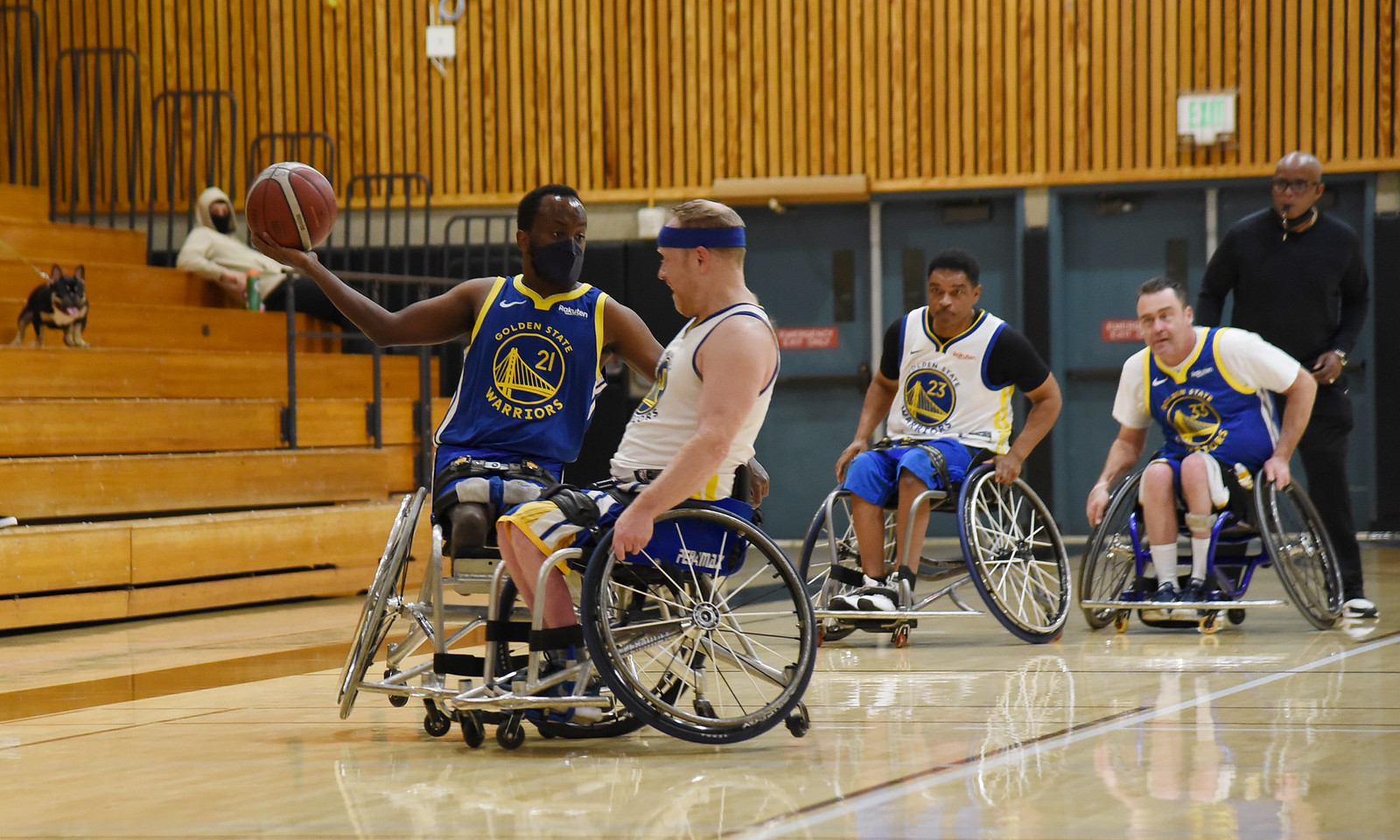



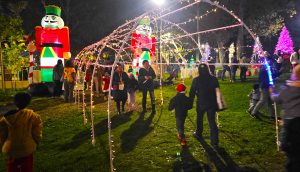
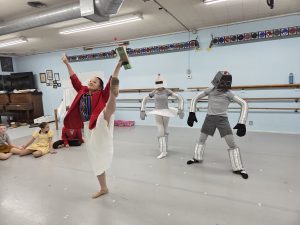
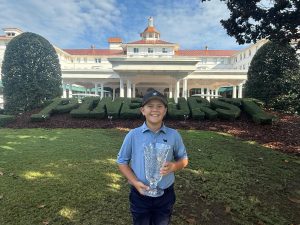



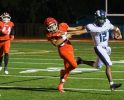

Thank you, Dean Kawasaki, for your work with the disabled and handicapped athletes!